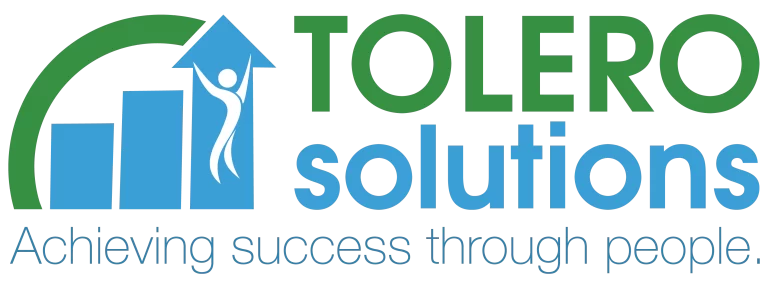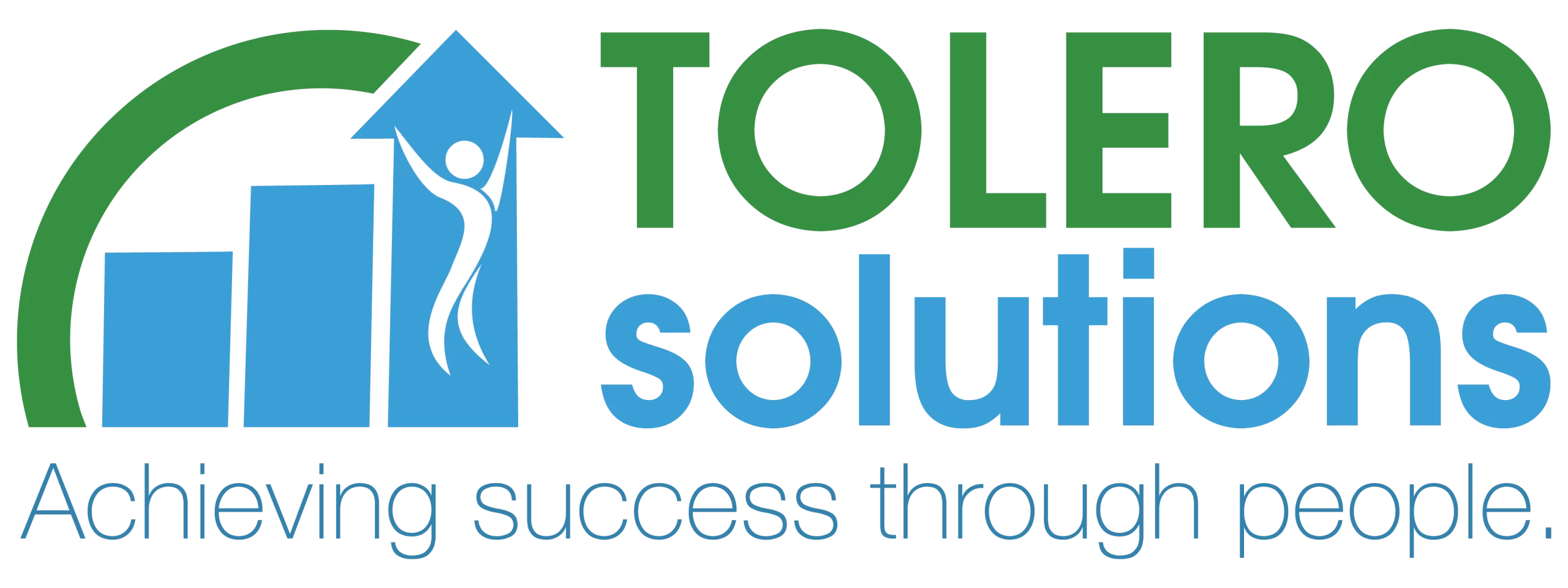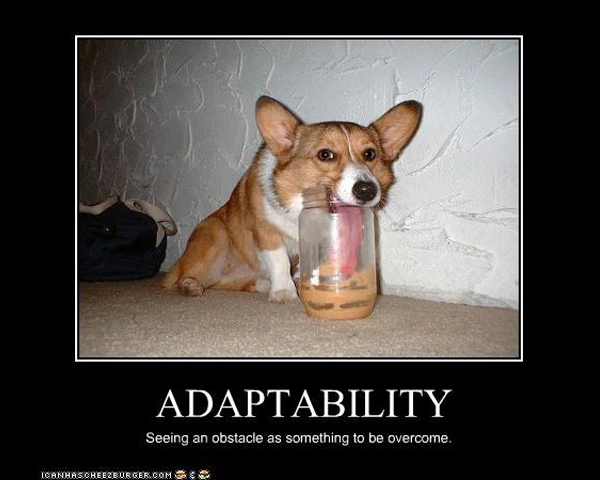Talent acquisition isn’t easy. Even during The Great Resignation. During times of change and disruption, it can be even more difficult. You may find you have more options, however, that doesn’t mean it’s any easier to find the right fit.
Although referred to as the employee experience, the experience of what it’s like to work for your organization begins while the potential hire is in the interview process. The sourcing and hiring process is the potential candidates’ first exposure to the employee experience at your organization. So if you think they’re a good fit, then they best have a good employee experience from the get-go.
Far too often employers focus on just skills fit to try to determine whether someone is qualified to do the job. Sometimes they may focus on culture, yet still, not as thorough as necessary. Especially if the culture is in the midst of change. Of course – skills and a culture fit are very important to both employers and candidates. However, these things alone don’t tell you whether a job candidate can manage the intricacies of your organization. Or if they will be successful during times of change and transition and for the long haul.
A job interview is a lot like speed dating. In just a short hour or two, you’re expected to get to know a person and see if they’re a good fit for your open position and your organization. All while they’re doing the same.
That’s a tough task.
Whether your interview is in person or virtual, whether the process includes one or three interviews (anything beyond 3 is really pushing it) – unless you’re asking some direct questions specific to your organization – you’re not really doing your due diligence to hire the right candidate.
As you source talent and conduct the interview process you likely have a workflow you follow. This may include templates with set questions or behavioral interview tactics or even case studies for candidates to complete. But is your process really focused on finding the nuggets of information that will really help you determine the mutual fit for success? Does it set the tone for a good employee experience?
Consider these 3 things to increase your chances of finding a job candidate who will succeed within your organization.
Politics.
Politics is not just an industry in Washington, DC. Politics is literally everywhere – including at work. How do you influence decisions and the direction of your department or organization? Understanding the politics of your organization is a necessity for success. It’s also necessary to be transparent and clearly communicate politics to job candidates. Organizational politics is part of influencing decisions, direction, budget, and resources. For example, let’s say your organization’s engineering resources only have the bandwidth to take on 3 new projects next month, and your department needs an engineering resource for a critical project, but there are 5 projects competing for the engineering team’s attention. Sounds pretty common these days, huh. You have to play a bit of organizational politics to obtain one of those 3 coveted spots. You’ll need to make your case to the engineering department as to why you really need the resource, what’s the business case for the project, what will the ROI be to the organization and how will it benefit the head of the engineering department. You may need to compromise on time or budget. You may need to offer the head of engineering a seat on the governance board for the project or lend them a resource of yours at a future date for another project. It’s all about knowing what they need if you want to get what you need, and, being able to compromise and provide it to them. Understanding organizational politics and how to navigate it, especially during times of change and disruption, is something every potential hire and employee needs to understand to succeed.
Personality.
Personality fit is of massive importance when making a hire. Not just the overall personality of the candidate but how they interact with individuals to get things done. Will their personality help them – or not – to be successful in your organization? Are you a task-driven and structured person? Is your organization more rigid than flexible? Or are you more creative and entrepreneurial? Does your organization change often and manage change well? You need to answer some questions about your own personality, that of your team, and even that of your organization. You then need to be transparent with the candidate about these things and ask some specific questions to determine if their personality is a match. Sometimes you can have a candidate who is extremely qualified, however, may just have a personality or way of getting things done that isn’t a match. Share with candidates the types of personalities your organization possesses, what characteristics are needed to interact with these personalities, and ask the candidates how they would handle situations with those of varying styles and personalities to overcome obstacles for success. This is especially important during times of disruption and transition when many in the organization may be experiencing heightened stress and anxiety.
Policy.
Every organization has policies and procedures in place, some documented, and some unspoken. Policies exist for lateral promotions and for upward promotions. Policies exist for telework and training. Policies exist for delivering the best customer experience. Policies exist for pretty much everything. And, as we are learning from external factors, policies often require updating. Talk to the candidate about some of the policies they would have to follow. Be transparent regarding rigidity or flexibility. Let the candidate know your expectations upfront and ask them their expectations. Ask them any concerns or ideas for improvements. See if they align or if a disconnect may exist. Don’t promise one thing when policy supports another. Be open and flexible. If the candidate becomes an employee you want to be on the same page from day one to deliver a great experience.
The moral of the story is this… considering these things and asking specific questions provides a good starting point to understand who the candidate is, how they’d get the job done, and if it’s a mutual fit. Having this information allows you to make a better-informed decision – increasing the probability of success for both the candidate and your organization.
About Scott Span, MSOD, CSM: is CEO at Tolero Solutions. His focus is – people. He is a Leadership Coach, People Strategist, and Transformation Consultant. He supports leaders, teams, and individuals to survive and thrive through personal and professional change and transition. He supports organizations to engage and retain talent and wow customers, achieving success through people, creating places where people enjoy working and customers enjoy doing business.
Email | Website | LinkedIn | Twitter | Blog | Facebook
*All Rights Reserved. Reproduction, publication, and all other use of any and all of this content is prohibited without authorized consent of Tolero Solutions and the author.




